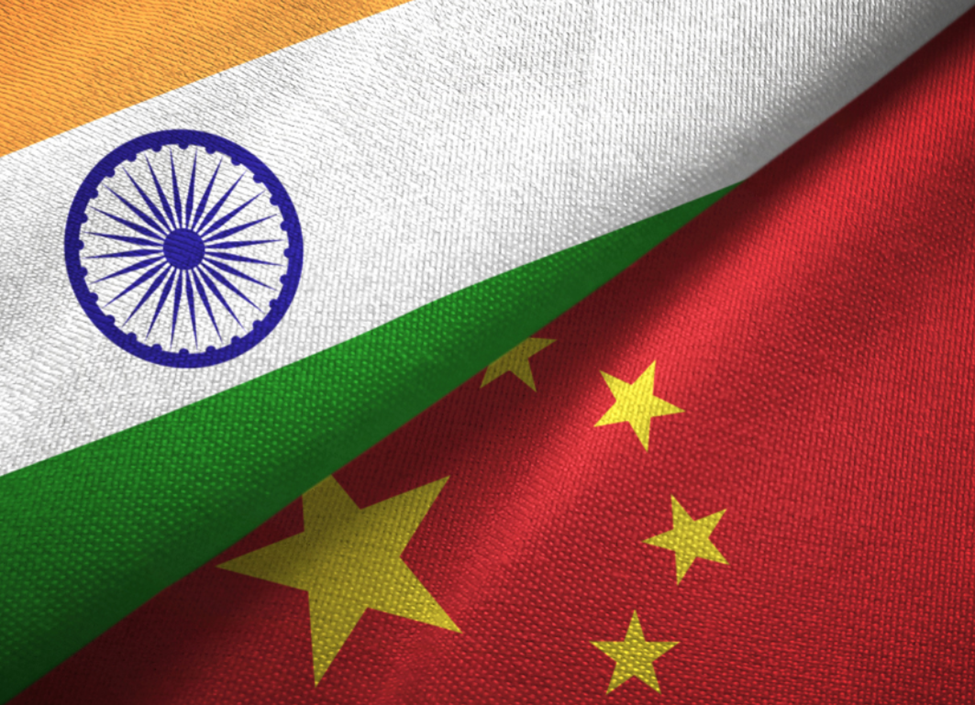Strengthening Ties: India and Italy Forge Ahead in Strategic Collaboration
- InduQin
- Apr 16, 2025
- 3 min read
Updated: Apr 17, 2025
India and Italy are enhancing their partnership in innovation, AI, defence, supercomputing, and space technology, as highlighted at the Italy-India Business, Science and Technology Forum in New Delhi. Deputy PM Antonio Tajani emphasized India’s role in Indo-Pacific stability and its vast economic potential. With bilateral trade surpassing USD 14 billion, plans include boosting investments and exploring untapped sectors like green tech and manufacturing. Ministers Piyush Goyal and S. Jaishankar stressed collaboration under initiatives like “Make in India” to drive mutual growth.

India and Italy are set to elevate their partnership to new heights, focusing on innovation, artificial intelligence (AI), defence, supercomputing, and space technology. This vision was articulated by Antonio Tajani, Italy's Deputy Prime Minister and Minister of Foreign Affairs & International Cooperation, during the Italy-India Business, Science and Technology Forum held in New Delhi last Friday.
Tajani underscored the significance of this forum as a cornerstone of the broader Strategic Partnership Plan between the two nations. He highlighted India’s pivotal role in maintaining stability within the Indo-Pacific region, a factor he described as essential for strengthening global trade. "India’s vast economic potential makes it a natural partner for Italy. Together, we aim to foster a forward-looking partnership grounded in higher education, research, and innovation,” he remarked.
Expanding Bilateral Trade and Investment
With bilateral trade between India and Italy currently exceeding USD 14 billion, Tajani expressed a clear intent to amplify this figure. He outlined plans to boost Italian investments in India, expand exports, and encourage Indian businesses to explore opportunities in Italy. He identified innovation, AI, advanced computing, space exploration, and defence as areas brimming with potential for joint ventures.
Union Minister of Commerce & Industry Piyush Goyal mirrored this enthusiasm, urging the removal of obstacles to facilitate smoother collaboration. Goyal highlighted India’s ambitious economic trajectory, projecting growth from its current USD 4 trillion economy to an estimated USD 30–35 trillion by the year 2047, as envisioned under the Viksit Bharat mission.
Goyal further emphasized the untapped potential in diverse sectors, including fashion, luxury goods, food processing, pharmaceuticals, tourism, green technology, advanced manufacturing, and automobiles. “This forum is a valuable platform to reinforce our commitment to the Joint Strategic Action Plan 2025–29, launched by Prime Ministers Narendra Modi and Giorgia Meloni last November,” he added.
Collaborative Opportunities in Technology and Industry
Union Minister for External Affairs S. Jaishankar highlighted the synergy between India’s developmental goals and Italy’s industrial expertise. He pointed to India’s "Make in India" initiative as a robust framework for deeper collaboration with Italian industries. “This initiative creates significant opportunities for Italian companies to contribute to India’s manufacturing ambitions,” Jaishankar noted.
The forum also spotlighted the shared commitment of both nations to anchor their cooperation in future-focused technologies and strategic industries. Tajani and Goyal both emphasized the importance of sustained dialogue and joint efforts to unlock the full potential of this partnership.
A Milestone in Indo-Italian Relations
The Italy-India Business, Science and Technology Forum represents a significant step forward in strengthening bilateral ties between the two nations. Beyond trade and investment, the forum underscores a mutual commitment to innovation, research, and the development of cutting-edge technologies.
As India and Italy look toward a shared future, this partnership holds immense promise for fostering economic growth, advancing strategic industries, and building a resilient global economy.







Comments